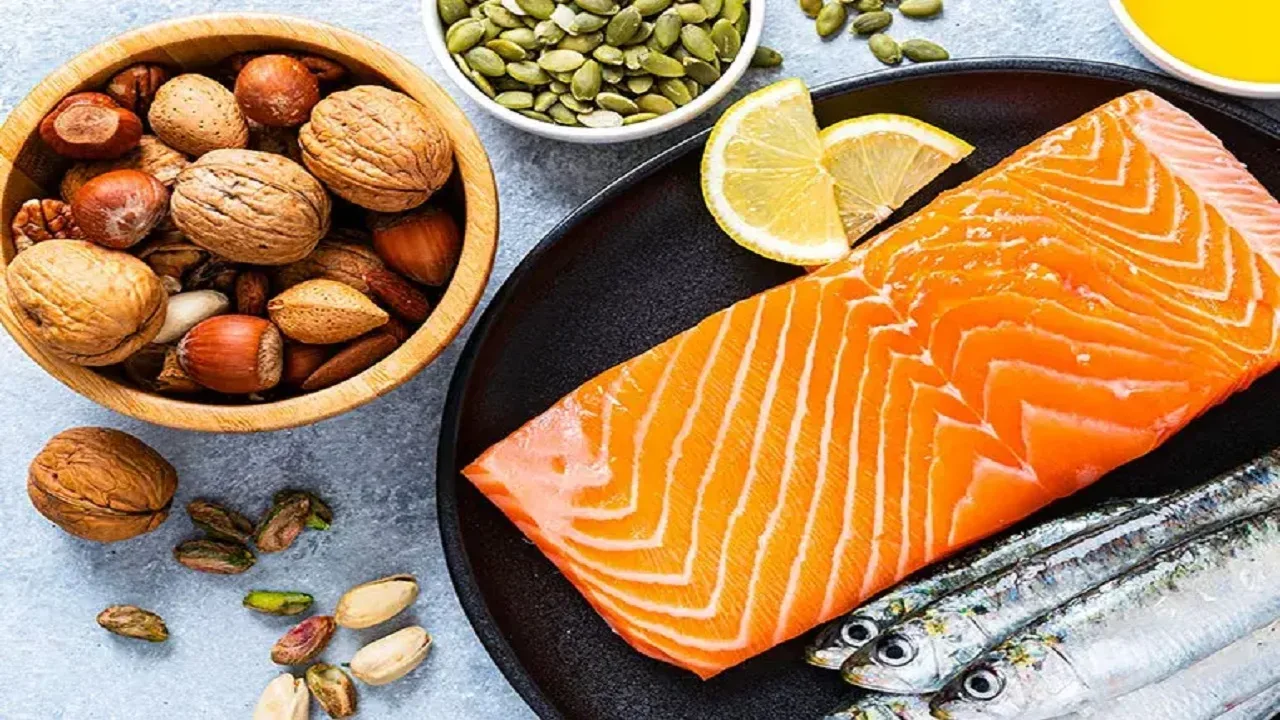There are many good reasons not to eat eggs: factory farming, painful overbreeding of hens and the killing of numerous male chicks immediately after hatching are just a few of them. But what does it mean for our health if we don’t eat eggs at all? An overview of all the nutrients they contain and how we can get enough of them from a purely plant-based diet.
Unlaid eggs
The fact is that eggs are not essential foods. They simply contain nutrients that can be ingested in other ways. And whether all of them can actually be described as essential is a matter of debate. For example, there are no recommendations from the DGE and ÖGE for arachidonic acid and choline.
protein
The term “protein” already gives it away: eggs contain a lot of protein (13%) – and it is also easily digestible and of good quality. However, all the essential amino acids that makeup protein can be absorbed just as well through plant-based foods. Tofu and other soy products such as tempeh and soy shreds, all pulses, seitan, grains and grain products including pasta and bread, as well as nuts and seeds are particularly rich in protein.
With a varied diet based on these foods, an adequate protein intake can easily be ensured, provided enough energy is consumed. The combination of pulses and grains results in a particularly good amino acid profile. Examples of this are oat porridge with soy milk, chickpea curry with rice and spaghetti with lentil bolognese.
Vitamin A
Vitamin A is the most important vitamin contained in eggs. 100 g contains 270 μg. To put it into perspective: According to recommendations from the DGE and ÖGE, adult men should consume 850 μg per day, women 700 μg, and breastfeeding women 1,300 μg. Although plant-based foods do not contain vitamin A, they do contain β-carotene and other carotenoids with provitamin A activity. The human body can convert these into vitamin A. 1 μg of vitamin A can be formed from 12 μg of β-carotene.
Numerous orange/red and dark green vegetables and fruits have a high β-carotene content. 100 g of carrots, for example, contain 9,820 μg of β-carotene, which corresponds to 818 μg of vitamin A – more than the daily requirement of women and significantly more than is contained in an egg. Some people are less able to convert β-carotene into vitamin A, probably due to an enzyme deficiency, so as a precautionary measure they should consume about twice as much β-carotene. In addition, foods rich in β-carotene should be cooked and consumed with some fat.
Other vitamins and minerals
Eggs contain many other nutrients, including vitamin B2, vitamin B12, vitamin D, folic acid, and iron, but these are not present in large quantities. The vitamin D content is 2.9 μg per 100 g – only a fraction of the daily requirement of 20 μg. Even an extremely high amount of two eggs per day would not meet the vitamin B12 requirement. Other nutrients such as folic acid and iron are much more abundant in many plant-based foods such as whole grains and green vegetables than in eggs.
Choline
Whether choline must be consumed through food and, if so, in what quantities is still a matter of controversy. The data is scant, and the assessments of professional societies vary widely. It is a fact that eggs have a relatively high choline content. However, it is also a fact that choline is found in numerous plant-based foods. With a varied, wholesome diet based on pulses, whole grains, vegetables, nuts, and seeds, a supply of 400 mg of choline per day is possible, as the European Food Safety Authority recommends. Soy products such as tofu, other pulses, quinoa, nuts, and seeds are particularly rich in choline. A lecithin preparation can be taken as a supplement during pregnancy to be on the safe side.
